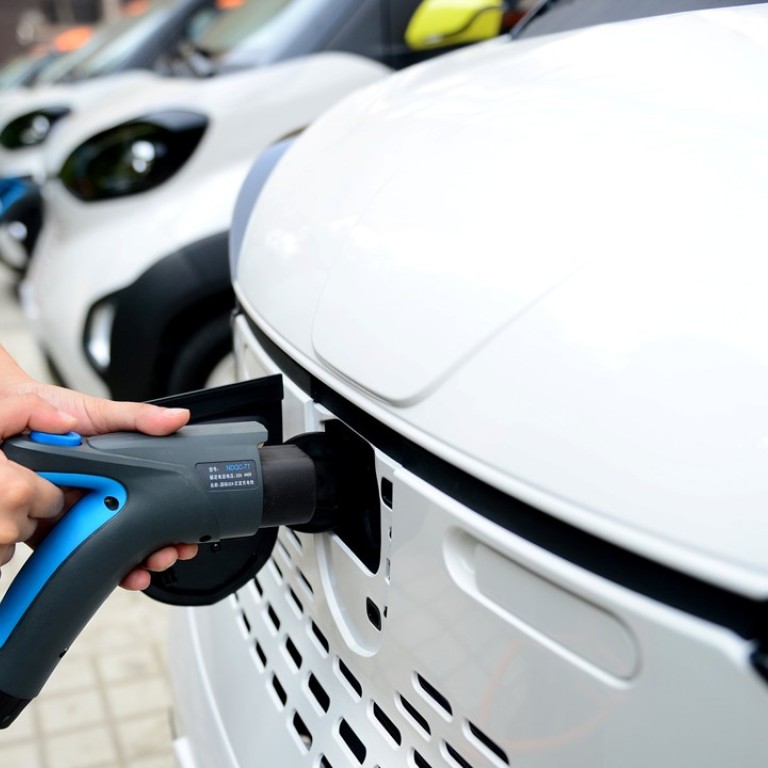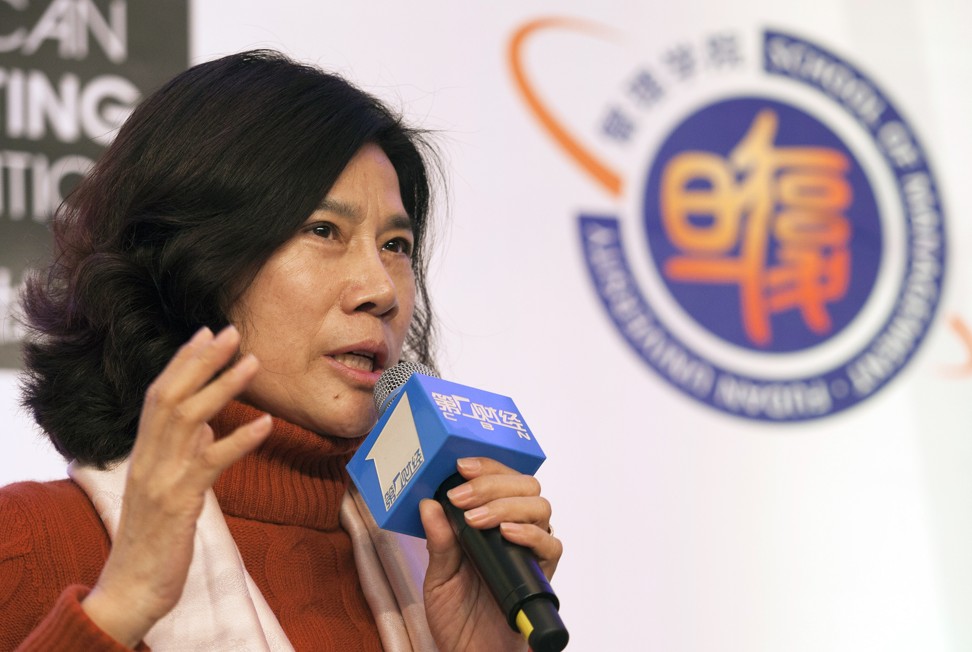
Dalian Wanda-backed electric vehicle maker sued for delayed payment to suppliers
Electric bus maker Zhuhai Yinlong confirms legal dispute as signs of irrational investment in new-energy vehicle market start to emerge
A pioneering new-energy vehicle maker backed by Dalian Wanda Group and “home appliance queen” Dong Mingzhu is being sued for overdue payments to suppliers in a sign that irrational investment in China’s rapidly expanding electric-car market may be starting to backfire.
Zhuhai Yinlong New Energy, an electric bus and battery manufacturer based in southeast China, is alleged to have delayed payments of more than 1.2 billion yuan to its suppliers, prompting one of them to file a lawsuit with a local court, financial media outlet Caijing reported on Tuesday.
Yinlong issued a statement via a law firm on Thursday morning, confirming it was involved in a “contract dispute” with a supplier. But it said the amount owed had been “exaggerated”, without offering an alternative number.
Yinlong’s problems come after troubled Chinese entrepreneur Jia Yueting saw his LeEco empire start to crumble under a mountain of debt late last year after expanding into the electric car business.
Established in 2009, Yinlong has been a leader in China’s electric bus market, based on contracts with local governments. The company gained further momentum in 2016, when a consortium led by Dong Mingzhu, chairwoman of Gree Electric Appliances, and Wang Jianlin’s Dalian Wanda Group invested 3 billion yuan in the company for a 22.4 per cent stake.
Yinlong has since then been aggressively building factories all over China.
Indian media reported in July that Yinlong had decided to set up an electric-vehicle manufacturing plant in Punjab, the first such factory run by an overseas firm attracted by India’s plan to switch to electric vehicles by 2030.

More than 32 Chinese companies have jumped into research and production of new-energy car so far, which will push the total output of electric cars to 6.96 million by 2020, three times the expected sales, according to an estimate by China Business News in December.
Travelling by car will in the near future be replaced by autonomous driving robots that can carry people around
Jonathan Qiu, a partner with venture capital firm Sky 9 Capital, said so far most of the Chinese entrepreneurs and capital backing the industry have scrambled to produce a Chinese version of the Tesla. Meanwhile, Tesla itself is under great pressure from possible disruption by more advanced automated travel technologies such as driverless cars.
“Perhaps three or four of them will survive the next 10 years or so, because the market is huge for electric cars, but the future is not with cars in my opinion. Travelling by car will in the near future be replaced by autonomous driving robots that can carry people around,” he said.
Some analysts, however, believe the electric car market still has an enormous amount of room to grow before being replaced.
“It would take at least 15 years to replace electric cars, given tech and regulatory hurdles that will prevent driverless car taking over. There is some bubble in the new-energy car sector, but it is far less frothy than the property markets for instance,” said Zhu Wei, an associate professor at the China University of Political Science and Law.
China sold 777,000 new-energy vehicles – electrics and plug-in hybrids – in 2017, a whopping 53 per cent increase over 2016, according to data released by the China Association of Automobile Manufacturers (CAAM) on Thursday.

